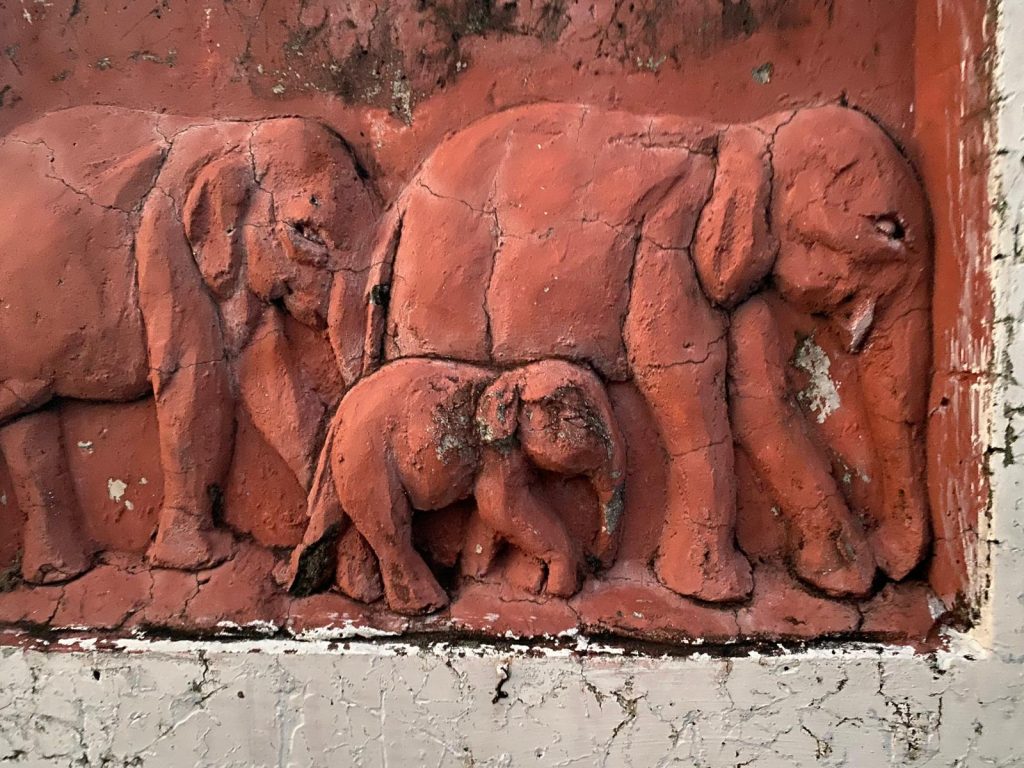Blog Post by Charlotte Hahm
Throughout World War II, over 200,000 young Korean women were kidnapped and coerced to serve as sexual slaves in military brothels throughout Asia and the Pacific by the Japanese military and government. These women, referred to as “comfort women,” endured years of sexual exploitation and complete dehumanization only to be murdered and silenced after the war. Today, less than ten registered Korean comfort women survive.
To combat the Japanese government’s intentions to erase this tragic and horrific history, I have collaborated with members and friends of the Washington Coalition for Comfort Women issues (WCCW) to highlight the comfort women’s voices and not let their stories go untold. My grandmother and grandfather, Dong-Woo Hahm and Doo-Chan Hahm, co-founded the WCCW and dedicated the latter half of their lives towards fighting for recognition and compensation for Korean comfort women. My grandmother and all of the Korean comfort women’s struggles were fueled by their desires to find their political power in a climate that constantly silenced them. I too was fighting from the positionality of a young, Korean-American woman, however, as an American, I have the power to use my voice without the same fear imposed by the U.S. government. This positionality helped me discover the most effective way to use my power publicly and share this history without being ignored due to my identity.
Our collaborative work has focused on collecting my grandmother’s archives from her work with Korean comfort women and attempting to digitize and share her information with the general public. In this way, we can highlight the individual voices of the Korean comfort women, redistributing to them the power of their voice that was once stripped away while also utilizing the internet as a means of spreading information without discriminative barriers. Throughout this ongoing process, communication has been imperative to ensure that each archive discovered is thoroughly reviewed and handled with care across the state-wide barriers that divide our workforce. I am stationed in California, whereas many of the materials are located in Florida. The material is also a form of my grandparents’ intellectual property, so we are discussing ways to share their archives while recognizing their incredible efforts to collect the information. This process has allowed me to continue my grandmother’s legacy and find community among her organization’s succeeding leaders. I also was able to collaborate with another researcher of comfort women issues who focused on Chinese comfort women. This allowed me to continue expanding my own knowledge of Japanese militarism and comfort women history. I hope that we can build solidarity across our fights for comfort women issues, and fight together for recognition of the expansive sexual military crimes committed against women across the globe. If you are interested in following this process to digitize interviews, photographs, videos, and other archives, please reach out to the WCCW’s leaders to connect with me, and stay alert for more information to be shared on their website.
